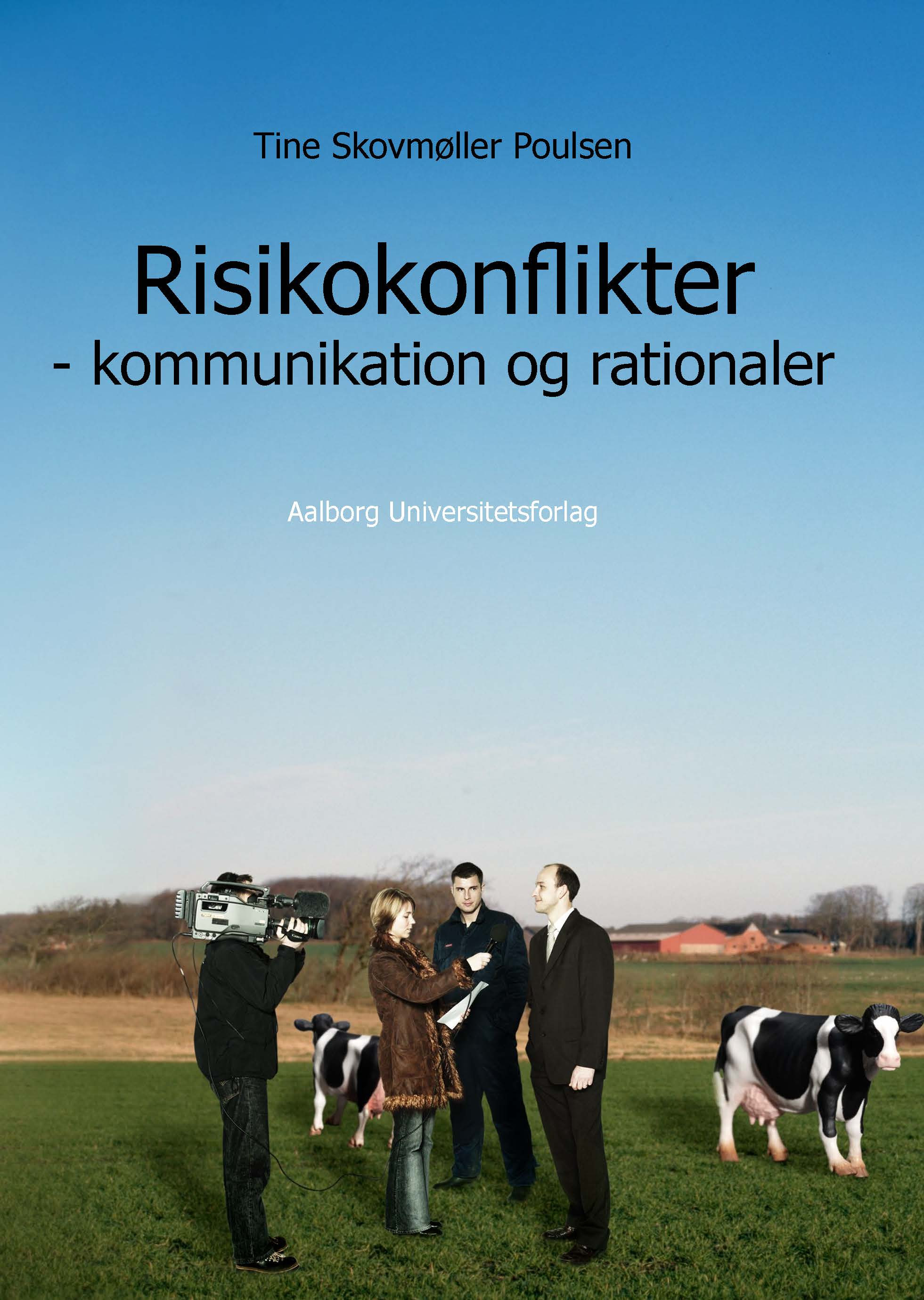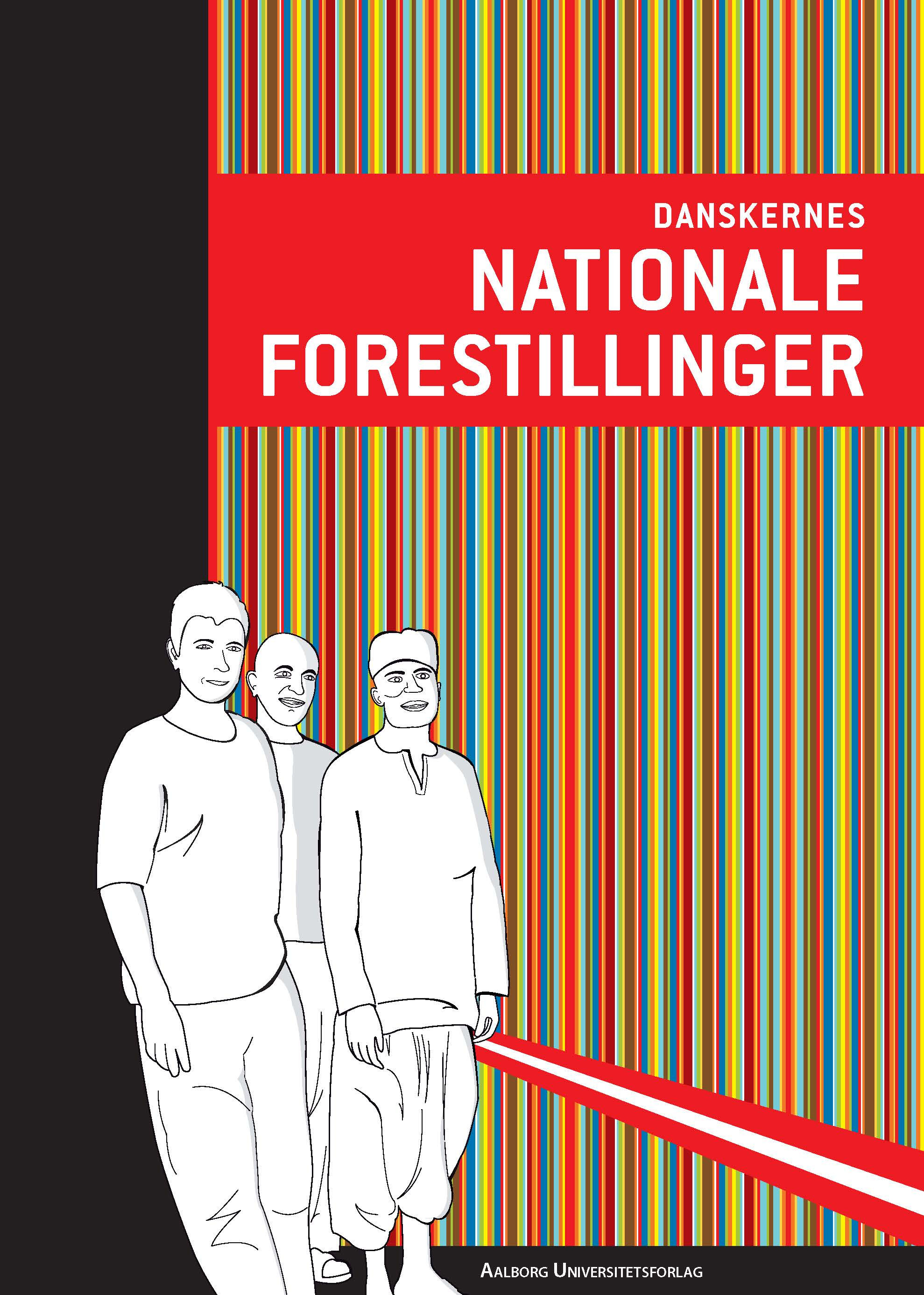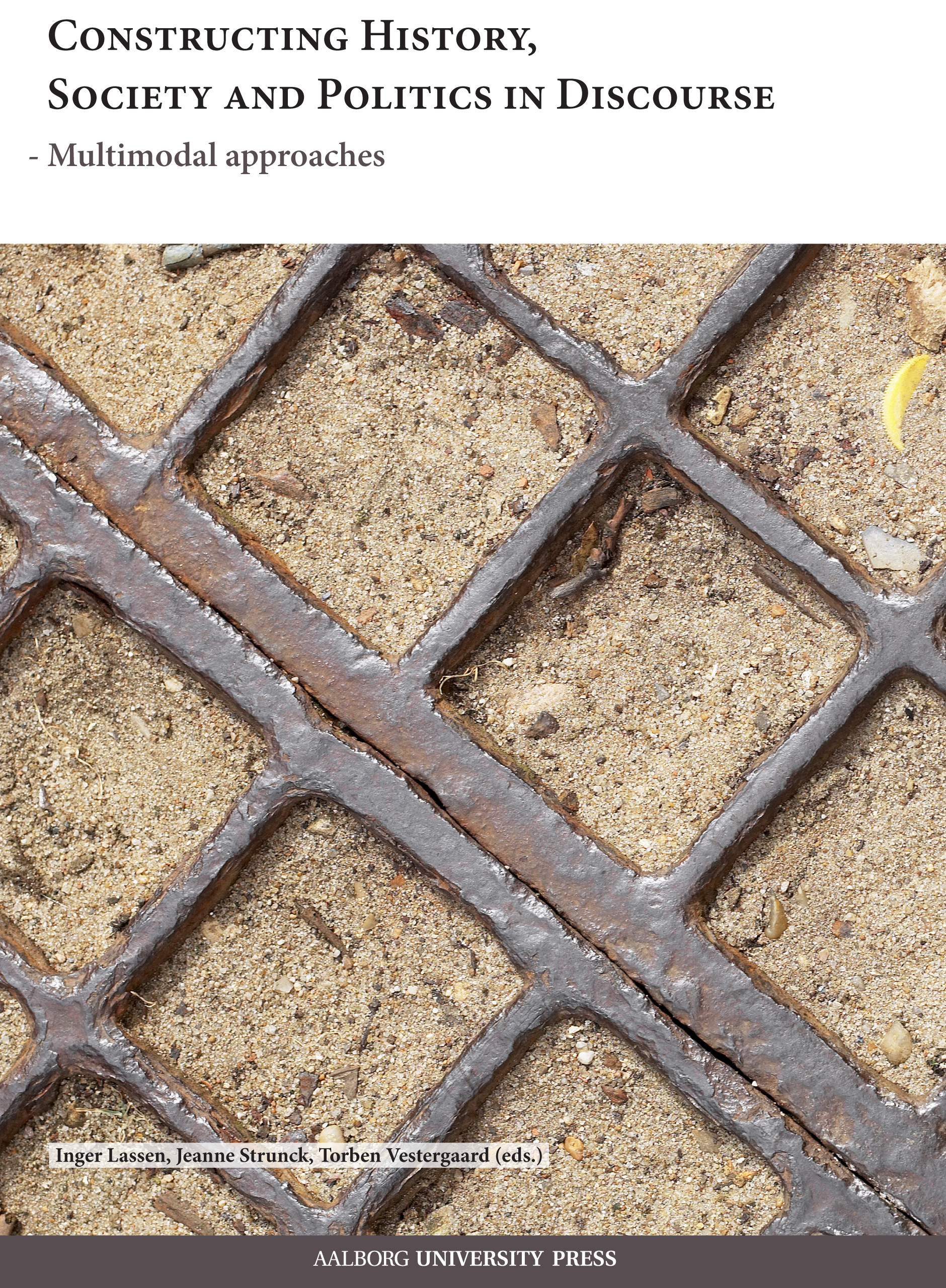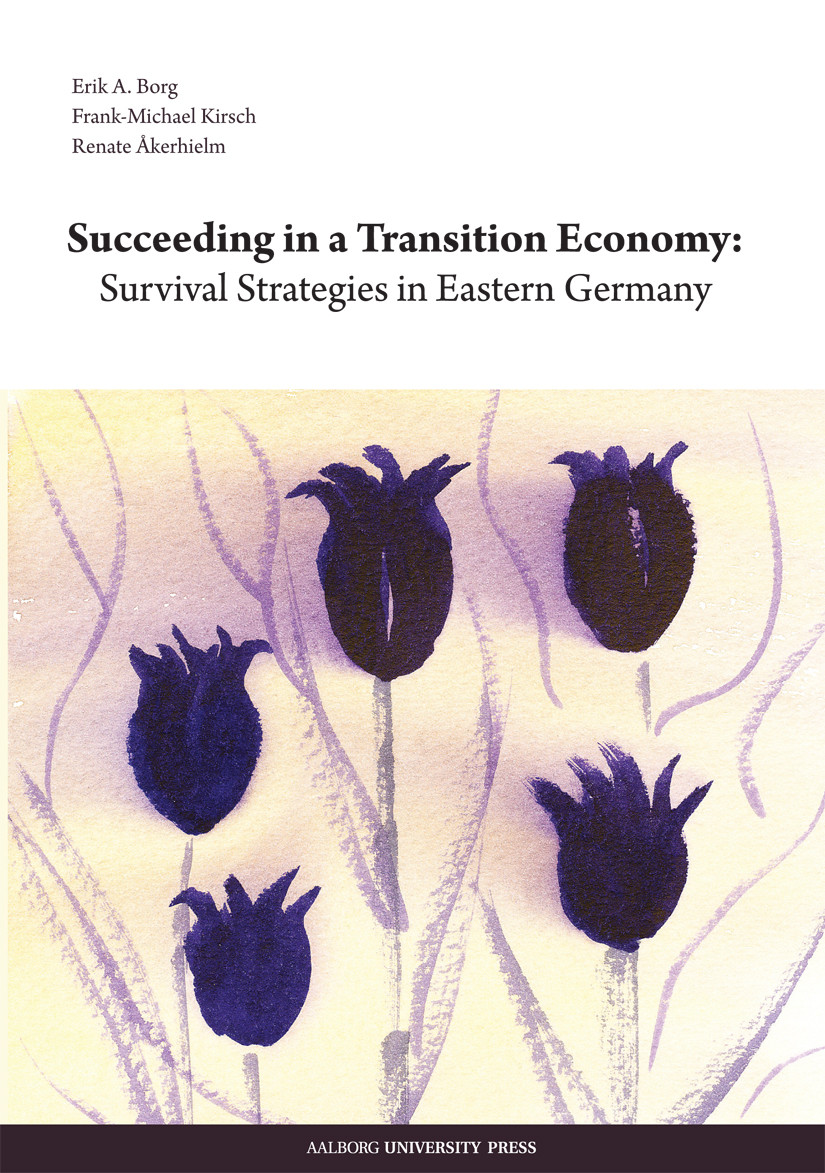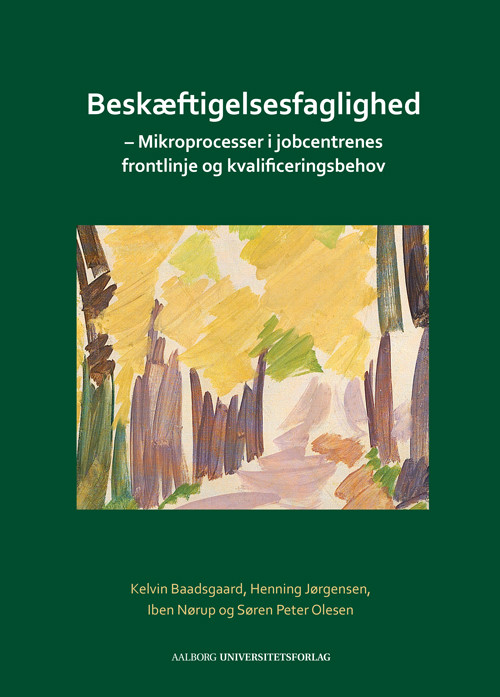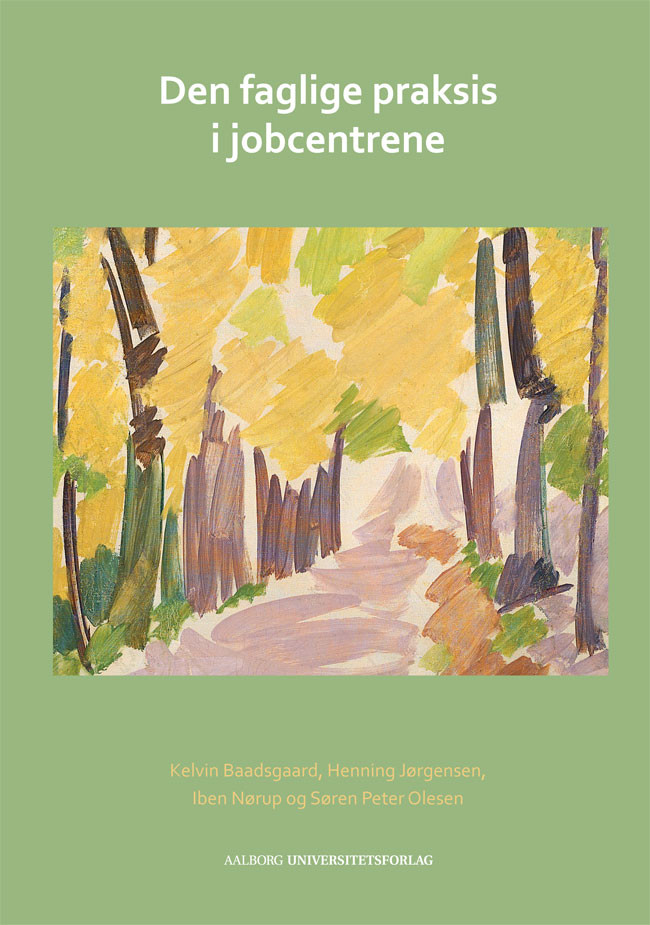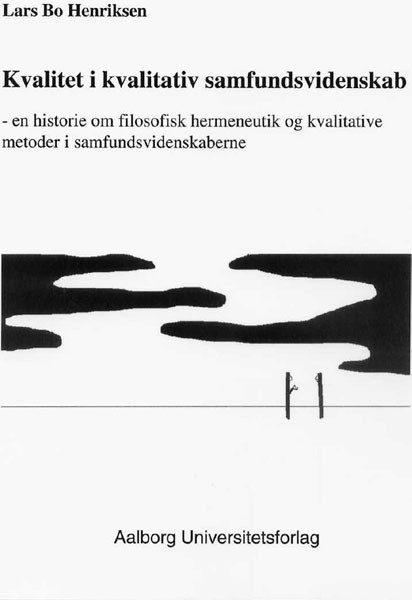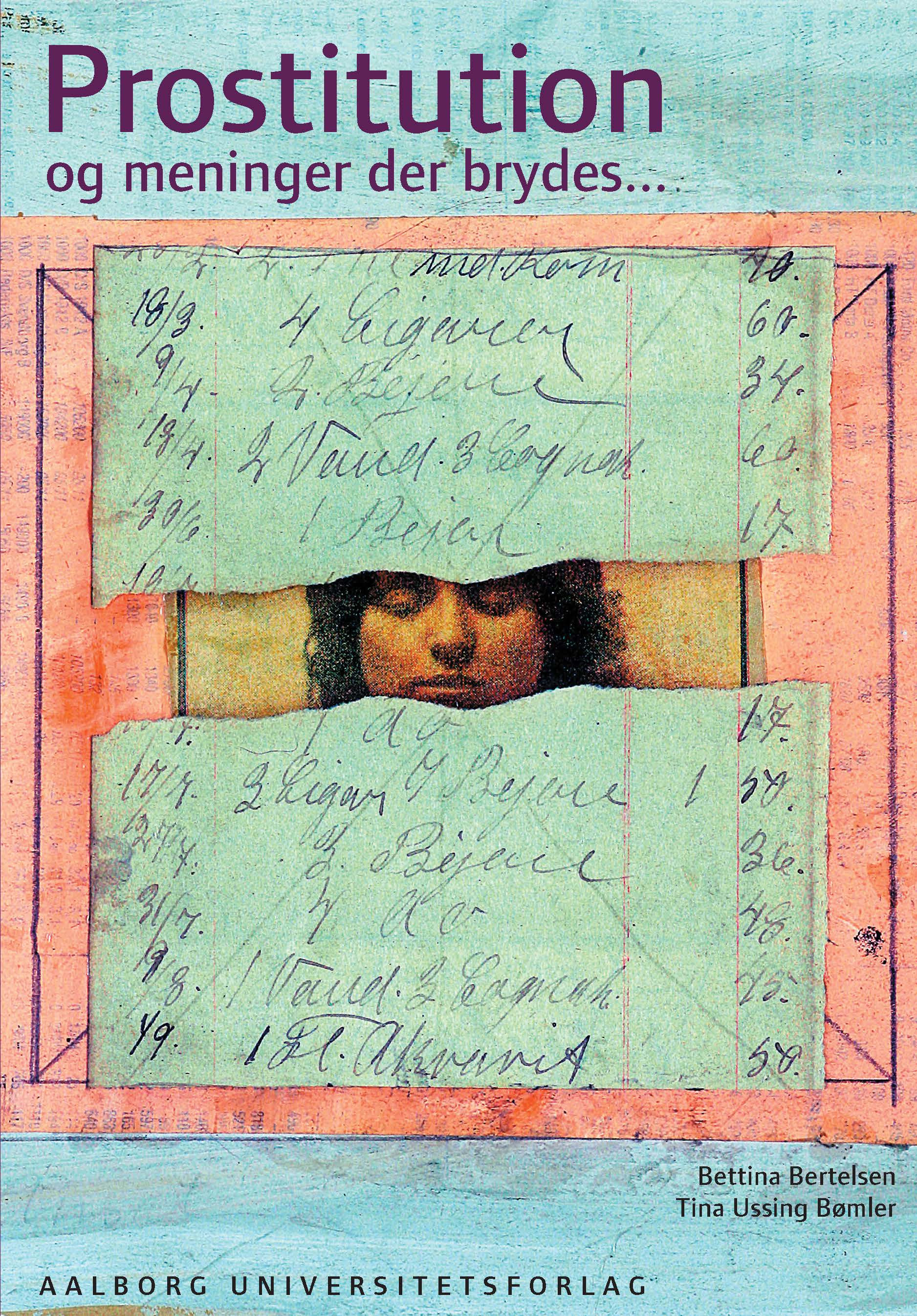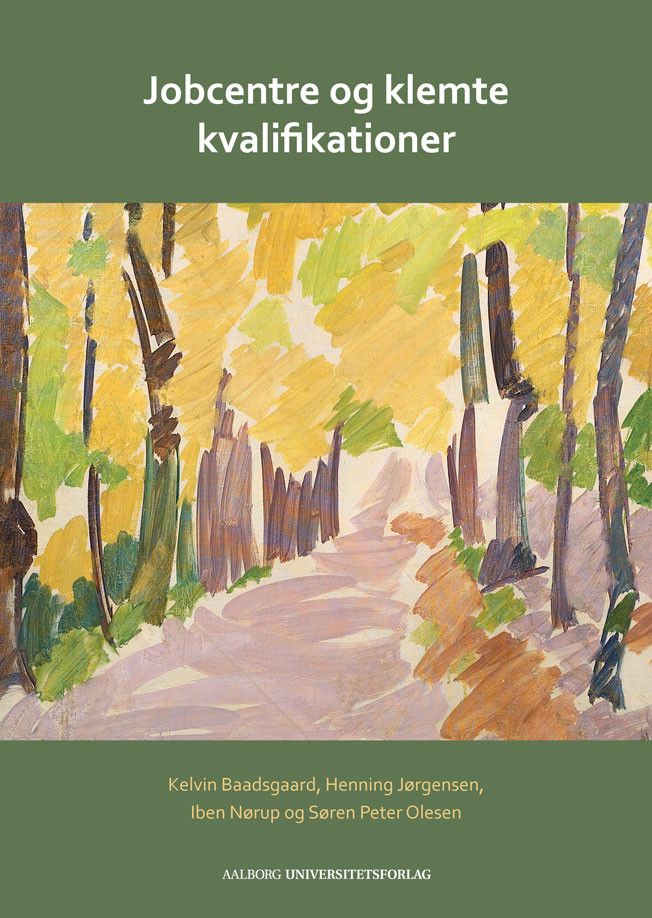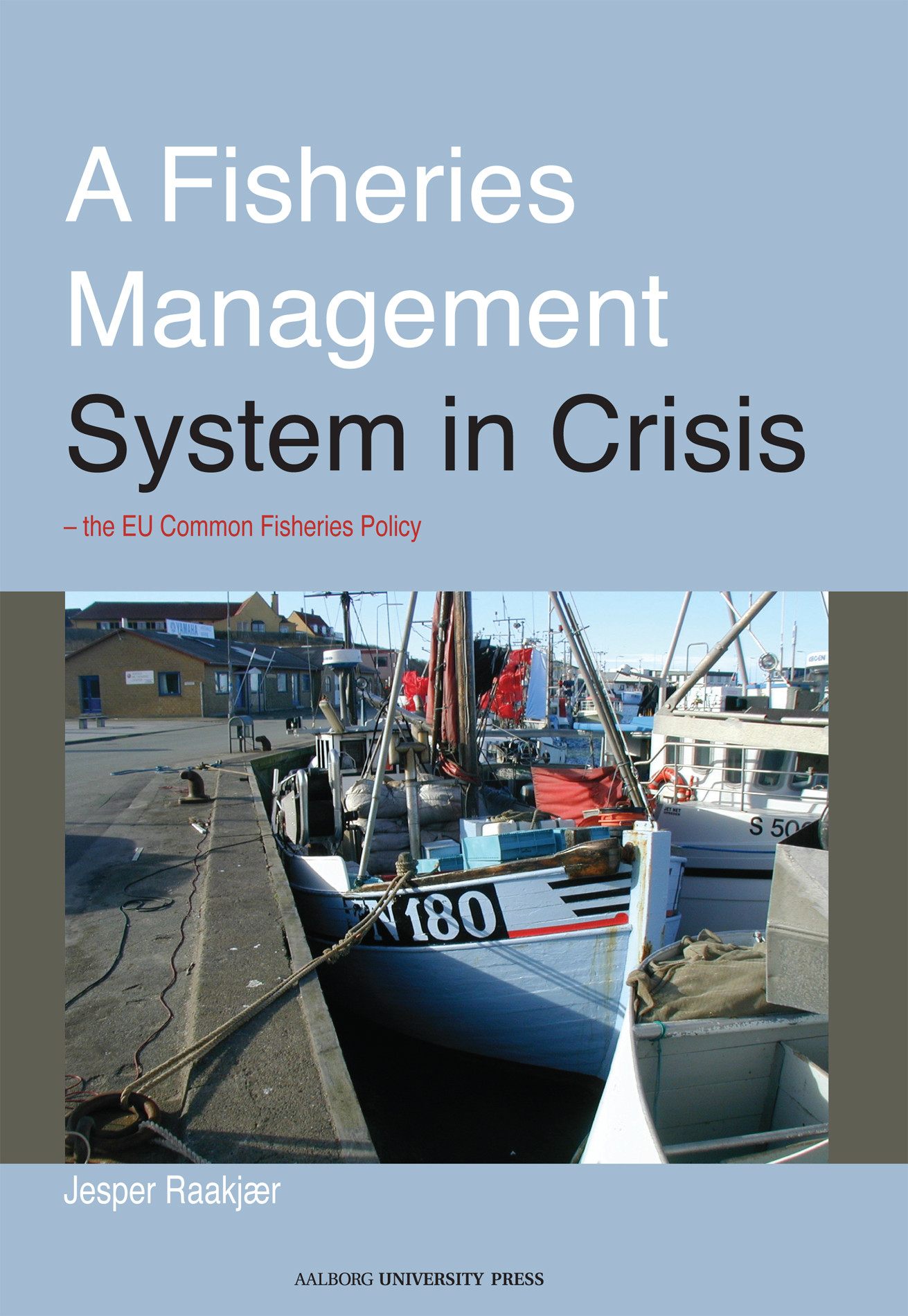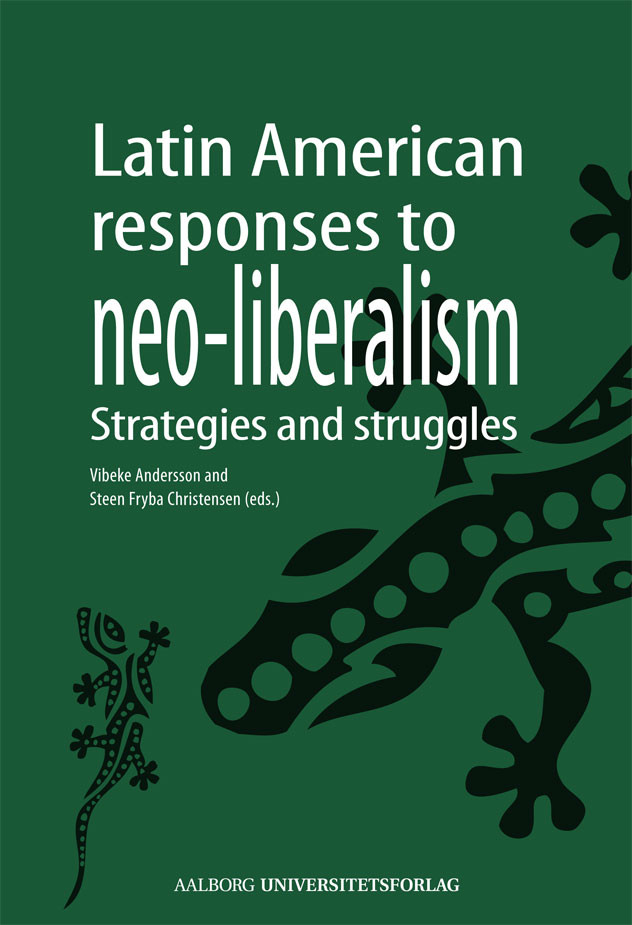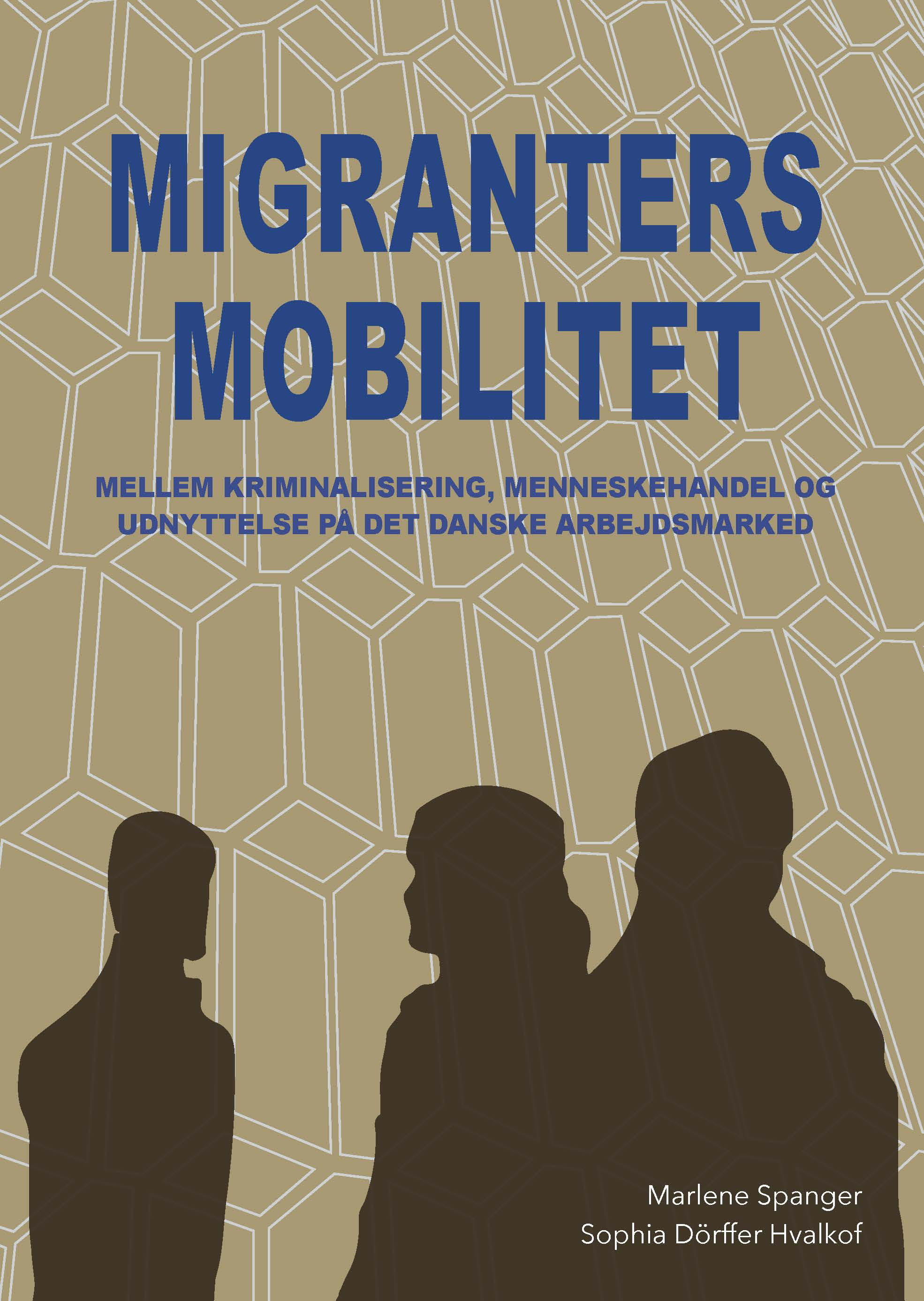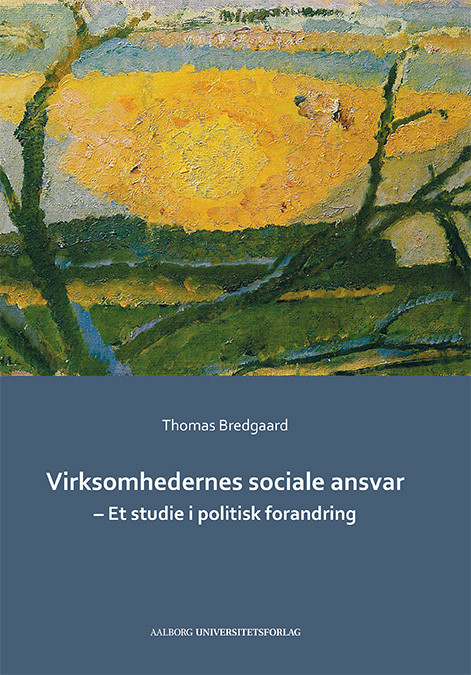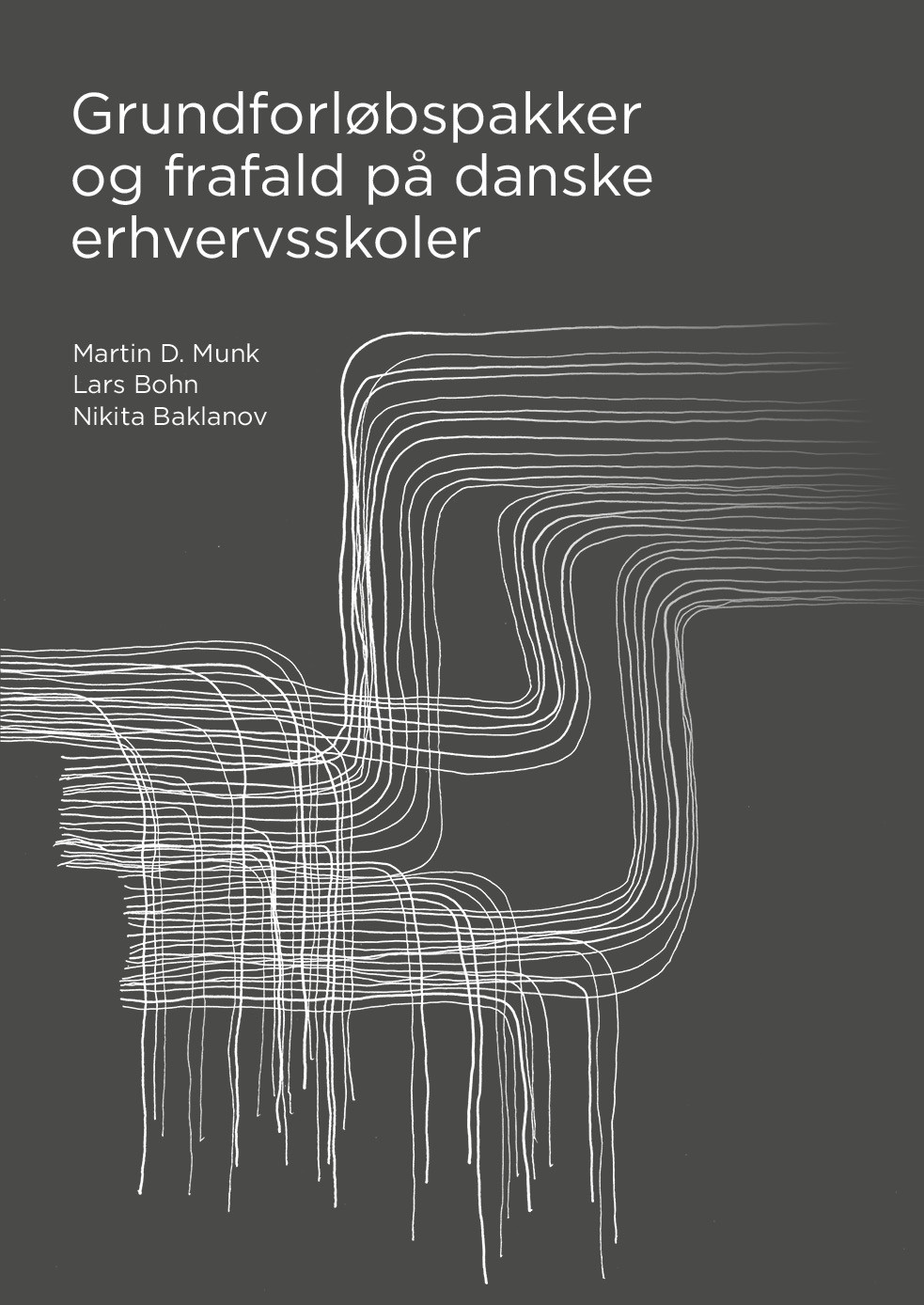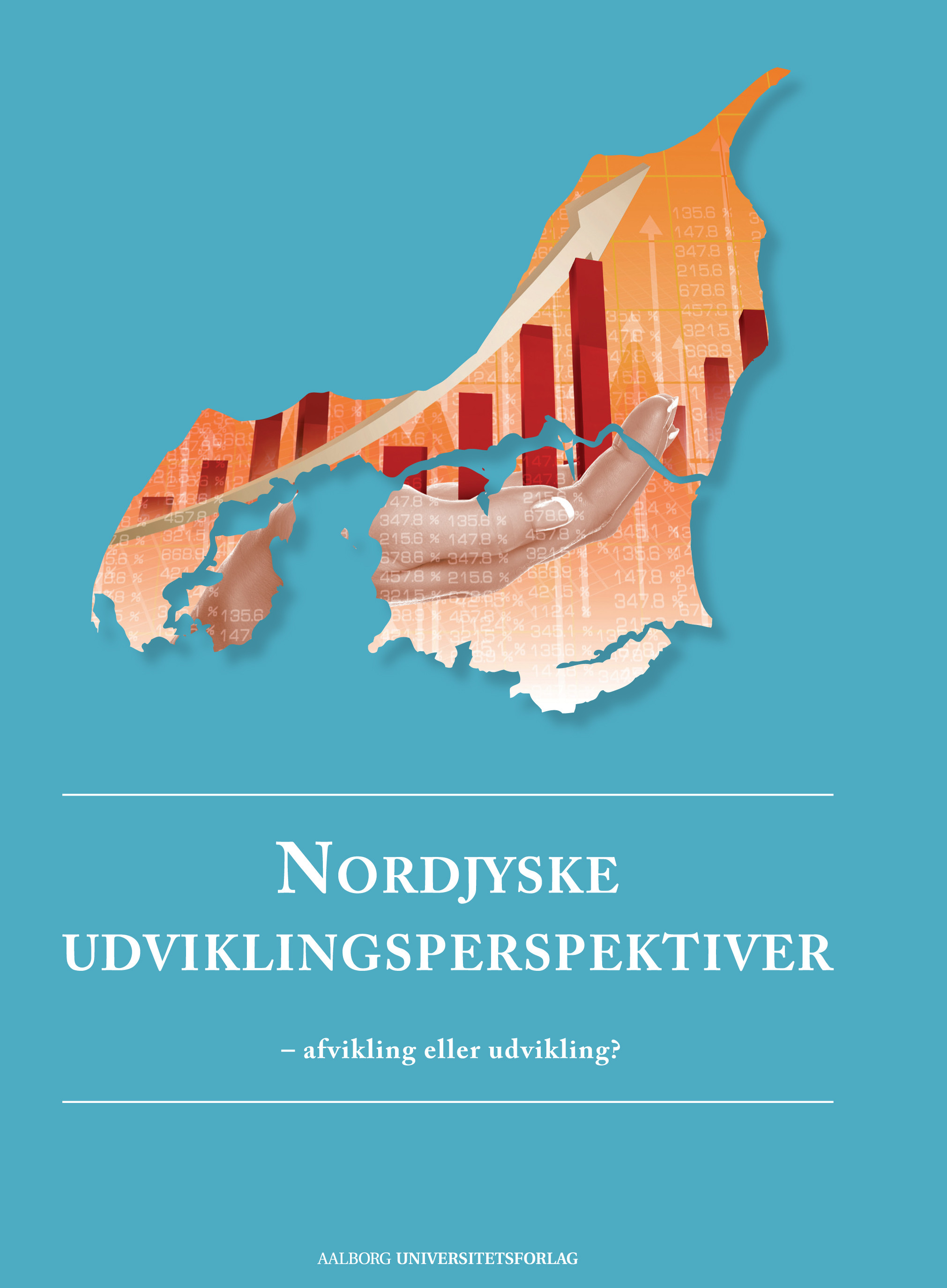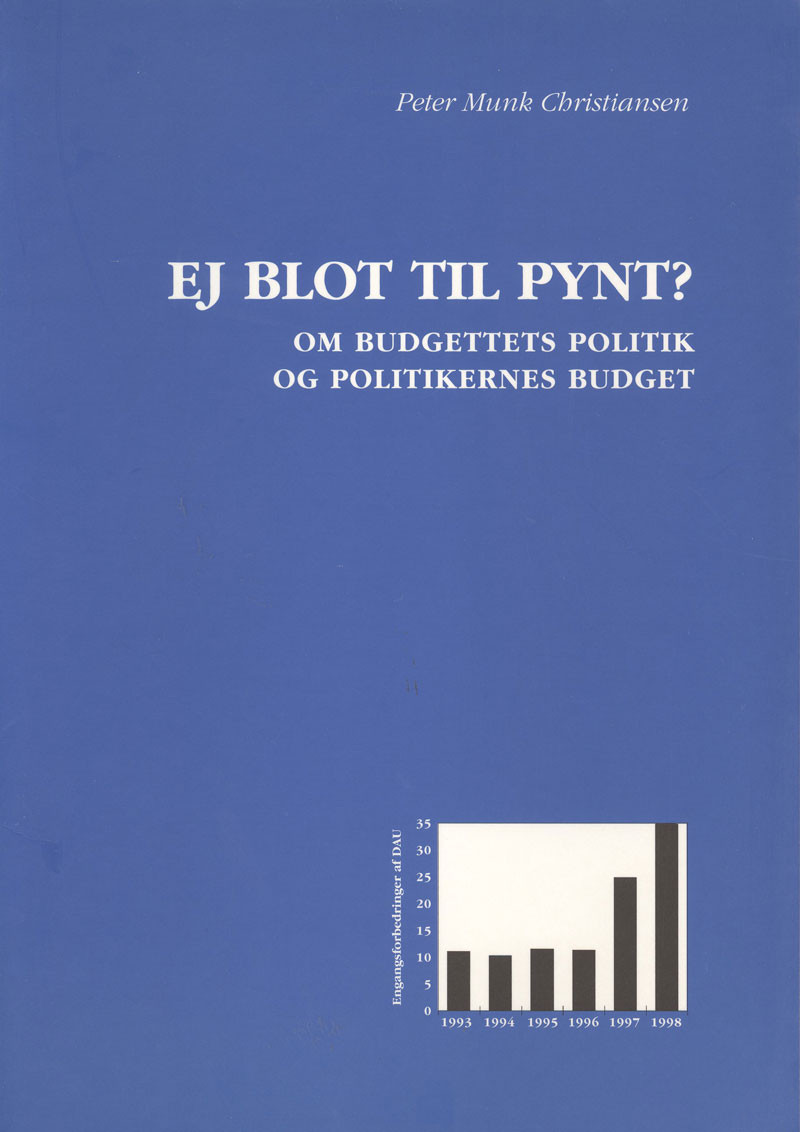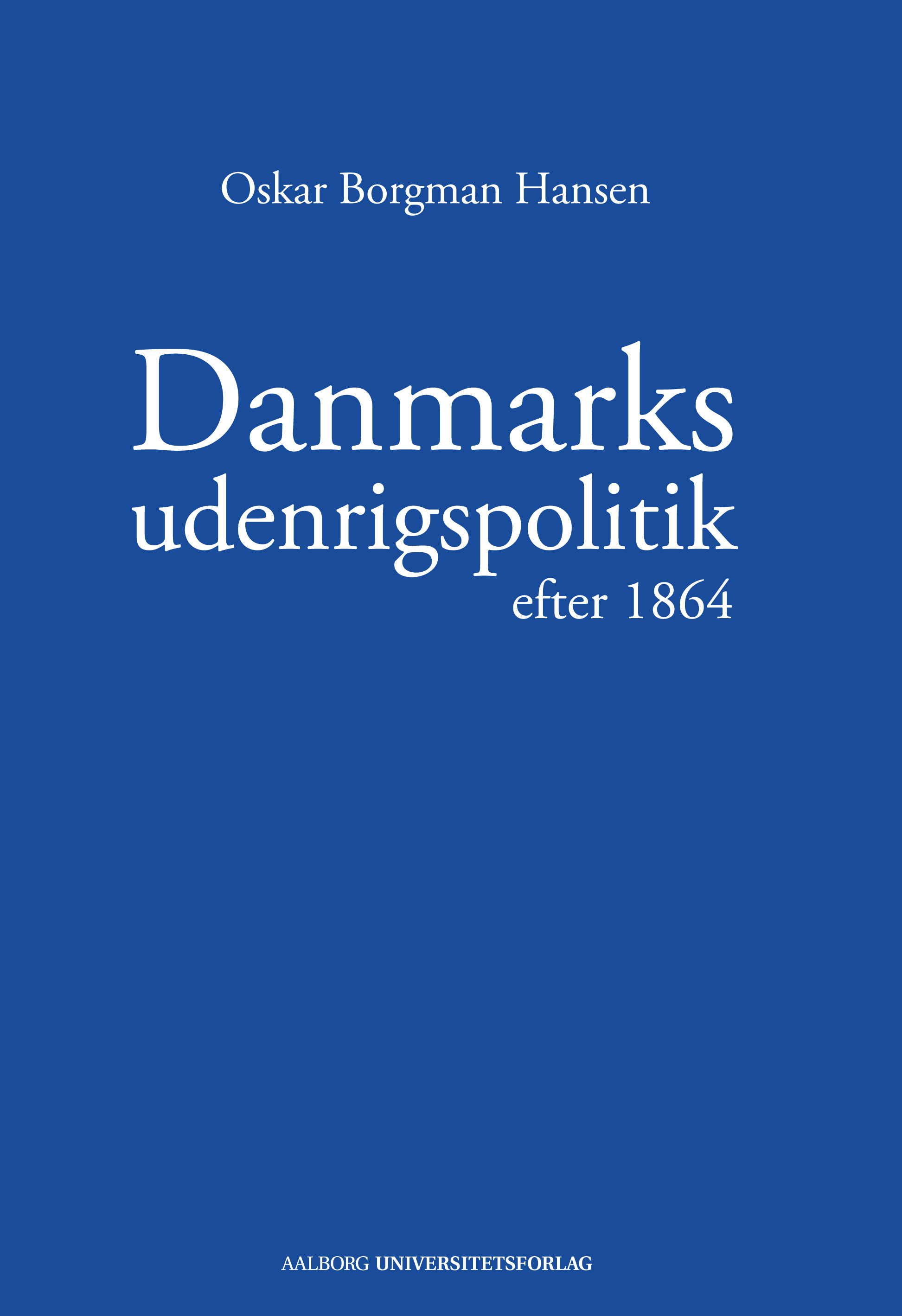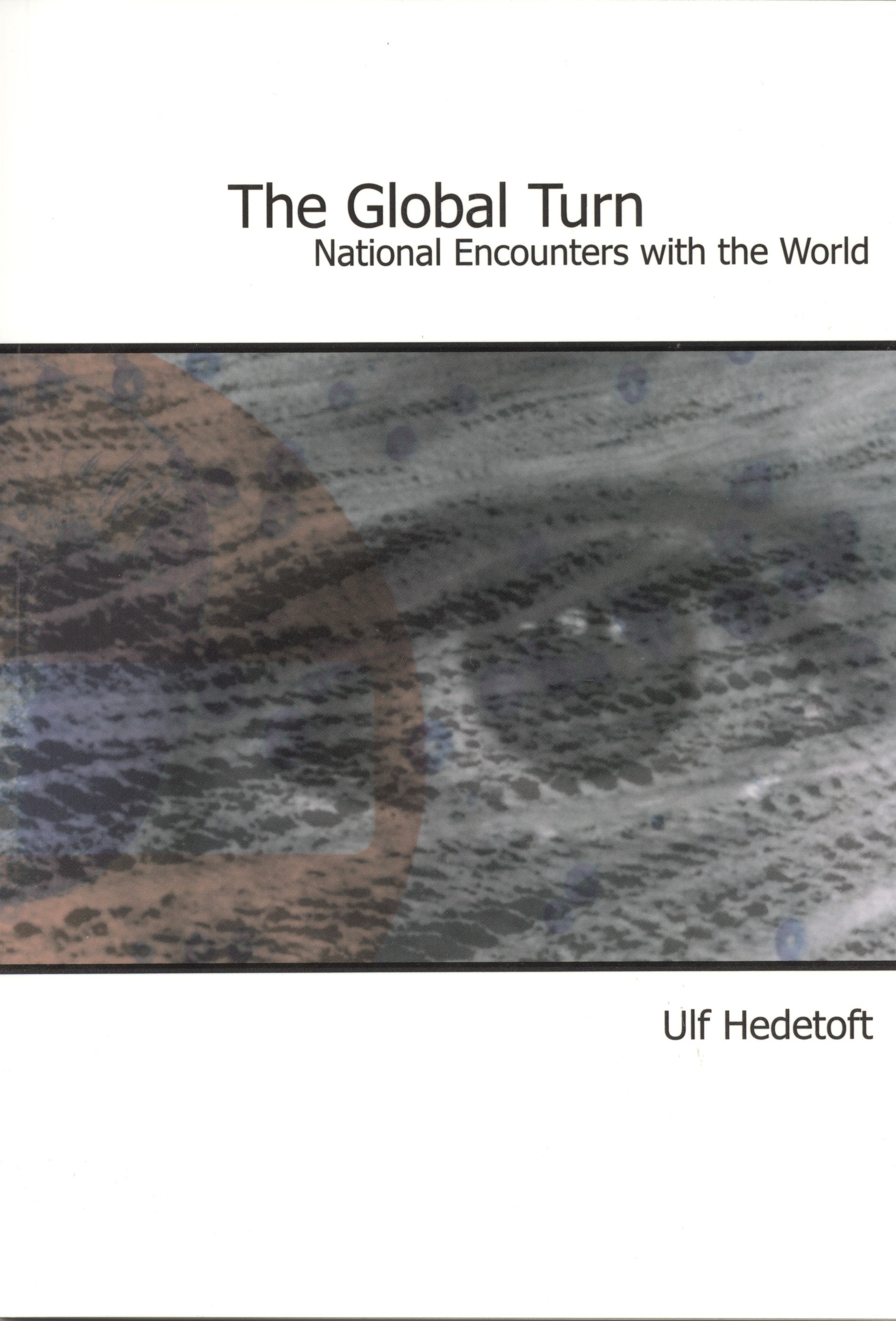Globalization and Transnational Capitalism
Af forfatter li xing , gorm winther
This volume proposes an examination of how globalization and transnational capitalism have reshaped the terrain and parameters of social, economic and political relations both at the national and the global levels, and how the relations of domination and subordination are reproduced in new forms beyond national borders. It discusses the essential question on whether the resilient hegemony of transnational capitalism can be possibly realized leading to alternative systems of organization.
The first part of this volume aims to provide a framework for understanding and analyzing globalization and transnational capitalism in a critical light. The expansion of capitalism and the liberalization of global economies as a political projection to accomplish are leading towards a radical arrangement of social, economic and political relations on a world scale. With the strengthening of capital and market and the weakening of state and civil societies, globalization and transnational capitalism have restructured international political economy by shifting the balance of power in favour of transnational capitalism.
The second part of this volume seeks to explore and debate the impact of globalization and transnational capitalism on alternatives, such as alternative economic systems and modes of production. On the one hand, transnational capitalism has no serious rivals today, but it cannot avoid creating serious worldwide economic crises as seen in the global financial crisis today (2009). On the other hand, these crises are also unleashing potential forces for rethinking some of the historically existing alternatives, including worker-ownership, social enterprises, local community enterprises, and alternative attainments and measurements of human well-being.
The overall aim of the book can be heuristically summarized by the Chinese words for crisis, which is made up of two syllables written with two separate characters, Wei 危 Ji 机), representing danger and opportunity, respectively! It means that there is a crisis, there is an element of danger, and that of opportunity. Consequently while it is important to understand the embedded limits of capitalism, it is equally important to continue the effort to search for alternative opportunities.
-
This volume proposes an examination of how globalization and transnational capitalism have reshaped the terrain and parameters of social, economic and political relations both at the national and the global levels, and how the relations of domination and subordination are reproduced in new forms beyond national borders. It discusses the essential question on whether the resilient hegemony of transnational capitalism can be possibly realized leading to alternative systems of organization.
The first part of this volume aims to provide a framework for understanding and analyzing globalization and transnational capitalism in a critical light. The expansion of capitalism and the liberalization of global economies as a political projection to accomplish are leading towards a radical arrangement of social, economic and political relations on a world scale. With the strengthening of capital and market and the weakening of state and civil societies, globalization and transnational capitalism have restructured international political economy by shifting the balance of power in favour of transnational capitalism.
The second part of this volume seeks to explore and debate the impact of globalization and transnational capitalism on alternatives, such as alternative economic systems and modes of production. On the one hand, transnational capitalism has no serious rivals today, but it cannot avoid creating serious worldwide economic crises as seen in the global financial crisis today (2009). On the other hand, these crises are also unleashing potential forces for rethinking some of the historically existing alternatives, including worker-ownership, social enterprises, local community enterprises, and alternative attainments and measurements of human well-being.
The overall aim of the book can be heuristically summarized by the Chinese words for crisis, which is made up of two syllables written with two separate characters, Wei 危 Ji 机), representing danger and opportunity, respectively! It means that there is a crisis, there is an element of danger, and that of opportunity. Consequently while it is important to understand the embedded limits of capitalism, it is equally important to continue the effort to search for alternative opportunities. -
Antal sider
258
isbn
978-87-7307-956-0
Udgave
1. edition
Udgivelsesår
2009
-
Filnavn Download
